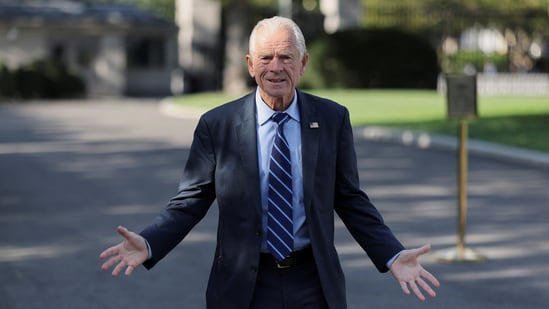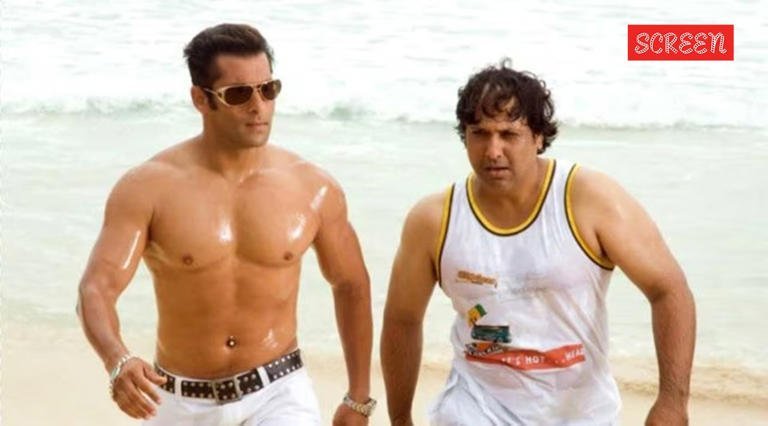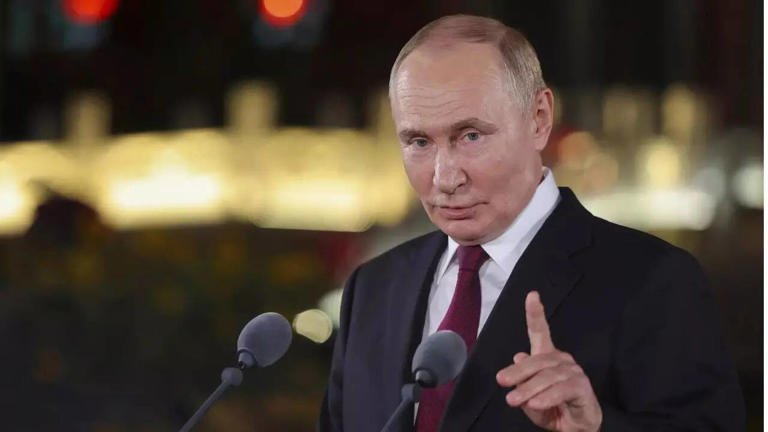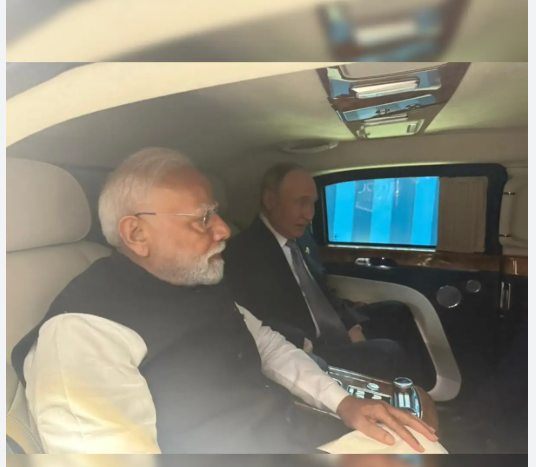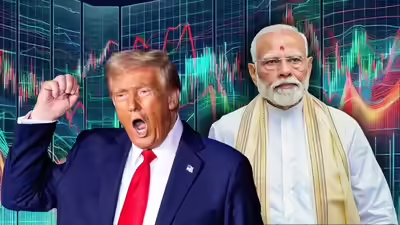White House trade advisor Peter Navarro on Monday warned that India must “come around” on trade talks with the United States or risk facing dire consequences. Speaking on Real America’s Voice, Navarro accused New Delhi of hiding behind what he described as the “Maharajah of tariffs” and warned that India’s growing energy ties with Russia would “not end well” for the country.
“They have the highest tariffs in any major country in the world against the United States. We got to deal with that,” Navarro said, adding that India had bought only “tiny drops” of Russian oil before Moscow’s invasion of Ukraine but is now “profiteering” off cheap Russian crude. “American taxpayers end up having to send more money for the conflict,” he claimed.
Navarro contrasted India’s position with US allies such as the European Union, Japan, South Korea, the Philippines and Indonesia, which he said had moved closer to Washington through new trade deals. “I think India must come around at some point. And if it doesn’t, it’s laying down with Russia and China, and that won’t end well for India,” he warned.
The trade advisor also linked India’s energy imports to global security. “India’s got to stop buying Russian oil. The road to peace partly runs through New Delhi,” he argued, while insisting that Europe, too, should halt Russian crude purchases. On China, Navarro noted the US has slapped tariffs of over 50% on imports, calling trade diplomacy with Beijing “Kabuki” that required trust in President Trump.
But Navarro’s ire was not limited to India. In a separate television interaction, he lashed out at the BRICS bloc—which now includes 10 members after Indonesia’s entry in 2025—saying their economic models depended on US markets. “When they sell to the US, their exports are like vampires sucking our blood dry with their unfair trade practices,” he charged. The senior advisor further alleged that BRICS members “historically hate each other and kill each other” and predicted the grouping would not survive without US trade.
This is not the first time Navarro has used the “vampire” analogy. Earlier this year, he warned the United Kingdom that if China could not “suck the American blood” it would turn to the UK and the European Union instead.
